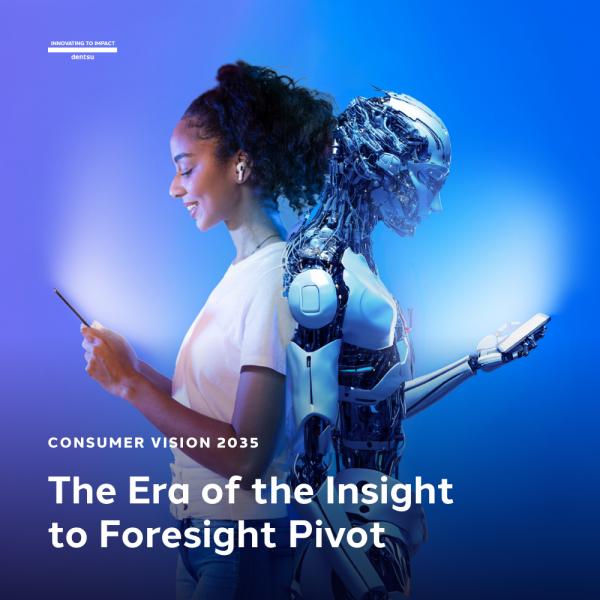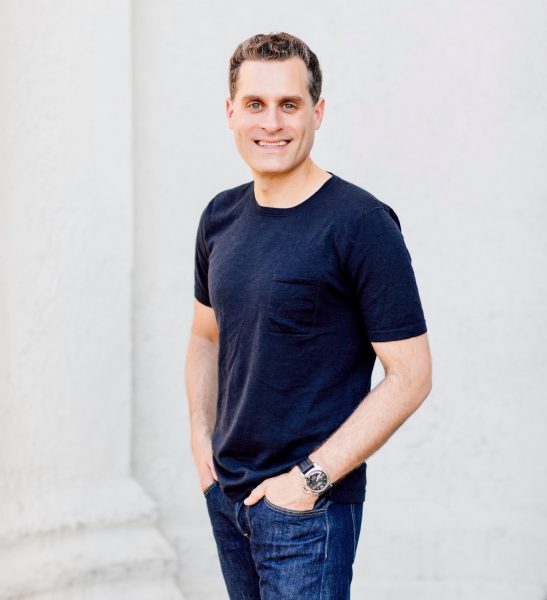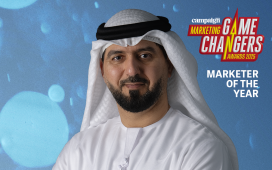
Dentsu has released a new report, surveying 30,000 people across 26 countries. The report examines the long-term trends shaping the future of technology, culture, consumers, and brands on the pathway to 2035.
The research shows a growing comfort level among consumers with administrative and shopping activities being managed by AI on their behalf.
“What is very clear from the findings of the Consumer Vision 2035 study is that we are only now entering the next era of transformation across technology, culture, and consumer expectations,” said Jeff Greenspoon, Global Practice President, Integrated Solutions, Dentsu.
Half of global consumers say that by 2035 they’d like to have an AI clone of themselves to take care of shopping, admin, and communications tasks on their behalf.
The report also predicts that the coming decade will see the proliferation of ‘AI Gatekeepers’ that consumers will look to take charge of recurring purchases, vetting ads and promotions sent by businesses. They are also more likely to take part in focus groups on their behalf, so they can more easily make their preferences known to brands.
Brands will need to become more perceptive in order to garner consumer attention in the AI-filtered and culturally reshaped reality on the horizon.

“Business leaders and brand builders must start preparing for this new landscape today with both technology and creativity,” said Greenspoon.
Four in five global consumers expect that by 2035 they will need to shift some of their daily activities due to how the climate will change.
The report finds that consumers will lean further into their emotions and passions when actively engaging with brands. Seven in ten consumers say that the mood they’re in at the time of purchase influences a significant share of their shopping decisions.
On the launch of the report, Greenspoon said, “These provocative insights are the starting point to guide people-centered transformation efforts that create long-term brand opportunities, because those that push the boundaries to innovate now will undoubtedly see the biggest impact through the next decade.”









